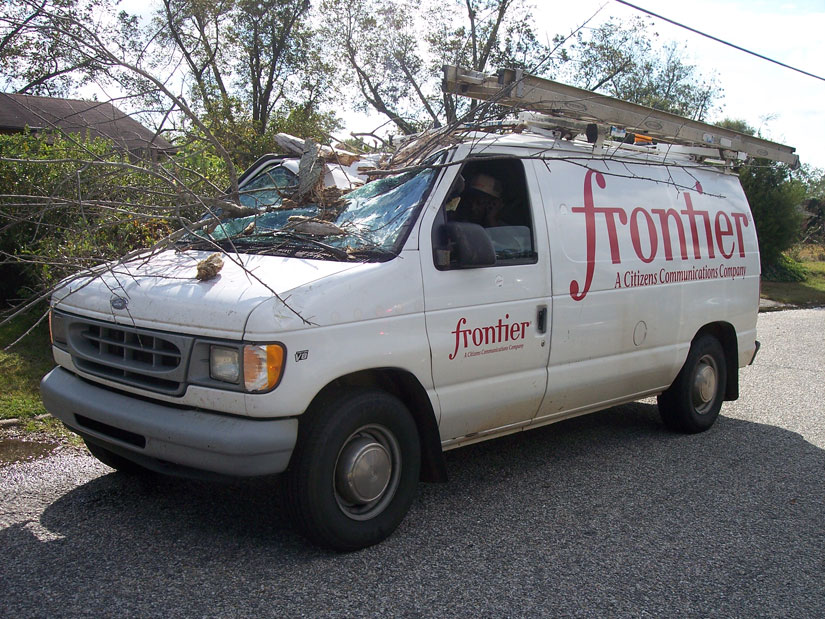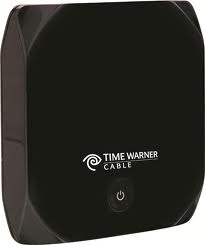 Frontier Communications is targeting promotional offers to customers that have been impacted by cable service outages and rate hikes, despite having a relatively poor service record itself.
Frontier Communications is targeting promotional offers to customers that have been impacted by cable service outages and rate hikes, despite having a relatively poor service record itself.
Frontier president and chief operating officer Dan McCarthy told investors attending the recent Goldman Sachs Communicopia Conference the company was pulling out all the stops looking for surgical marketing opportunities.
“People don’t wake up every day, and say, ‘I want to switch broadband providers.’ It’s really about finding what is that lever to pull. Sometimes it’s a message at a key point — it could be during an outage, it could be during change of prices for them. It could be there are some substandard speeds that are being offered,” McCarthy said. “We are looking at what is the right mix of messaging and promotional offers that really allow us to do that. I think you’ll see us be pretty aggressive in that area,” he added.
But Frontier itself has had plenty of service problems, and was the only major Internet provider in the country to have lost ground in a July FCC report measuring broadband quality. The company continues to face extensive service outages when fiber cables are cut or copper wiring is stolen by thieves. Recent storms this past summer disrupted 277 Frontier central offices in the Carolinas, Indiana, Pennsylvania, and West Virginia, according to a Securities and Exchange Commission filing. The repair work, including overtime and equipment, is expected to cost the company at least $15 million.
Frontier reports it expected to replace at least 167,000 feet of damaged or stolen copper cable and purchased 203,000 backup power generators to keep central exchanges up and running during extended electric outages.
This week, a major service outage struck customers in parts of Ft. Wayne, Ind. after an accident severed an important cable.
A number of customers in Frontier service areas have already disconnected their landlines with the company, but where cable companies do not provide service, Frontier reports it is having success selling a standalone DSL product it dubs, “Simply Broadband.”
“We are seeing success in attracting and retaining customers with this product and it is having a positive impact on our Q3 residential customer counts,” Frontier reports in an SEC filing.
Frontier has also recently announced speed boosts in several states that can deliver up to 25Mbps DSL service to certain customers.


 Subscribe
Subscribe







